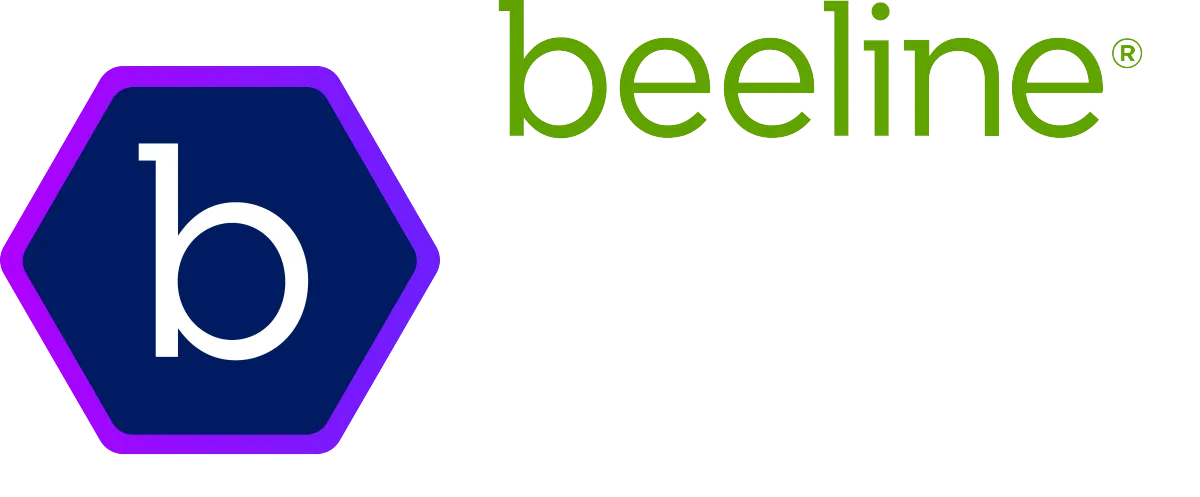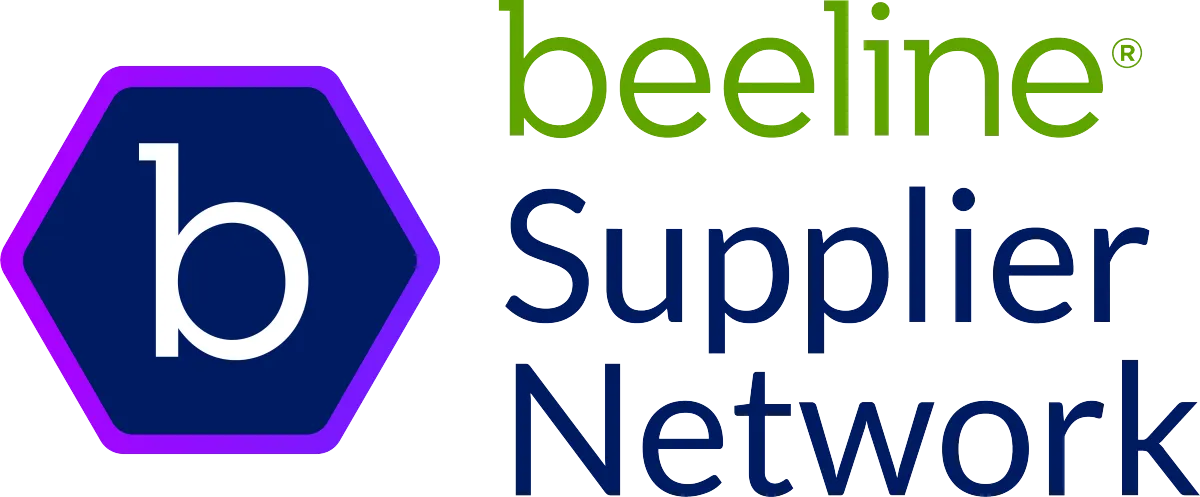
The biggest threat to your workforce might not be a bad hire. It could be a fake one.
The Increasing Threats of Candidate Identity Fraud
We’re hearing from clients that candidate identity fraud is becoming a major concern, especially in remote hiring. One growing and alarming trend involves North Korean nationals posing as legitimate remote workers through staffing suppliers without the supplier or client realizing who they’ve hired.
This isn’t just a compliance risk. It’s a national security and financial risk, and it’s catching both buyers and staffing companies off guard.
Fortune reports "The U.S. Treasury, State Department, and FBI collectively estimate the IT workers scam has generated hundreds of millions each year since 2018."
Why this matters now
Remote and hybrid work models have created new opportunities for fraud. Without in-person vetting, it’s easier than ever for bad actors to:
Use stolen or synthetic identities to pass background checks.
Submit fake documentation or use “stand-in” candidates during interviews.
Gain unauthorized access to corporate systems or sensitive data.
We’ve heard from multiple procurement and HR leaders that identity verification is now as critical as skills verification. A single fraudulent placement can create reputational damage for the supplier, the buyer, and everyone involved in the talent chain.
Why staffing suppliers are vulnerable
Traditional vetting processes often assume the candidate is who they say they are. But with the rise of remote hiring, even experienced recruiters are struggling to spot red flags—especially when candidates provide convincing but falsified documentation.
Suppliers tell us they’re under pressure to move quickly, but speed can come at the cost of deeper due diligence. And buyers are increasingly asking: “What are you doing to ensure the person we hire is really who they claim to be?”
What buyers expect from suppliers
Buyers are raising the bar. Based on feedback we hear, they want suppliers who:
Go beyond basic background checks. Adding multi-factor identity verification (like biometric checks) is becoming the standard.
Proactively monitor remote work activity. Something as simple as inconsistent IP addresses can signal fraudulent behavior.
Educate clients about emerging risks. Suppliers that share trends, like the North Korea remote hiring schemes, position themselves as trusted advisors.
How technology and AI can help
This is where technology becomes a differentiator.
AI-powered identity verification: Tools can validate government-issued IDs, match photos to live selfies, and catch falsified documents within seconds.
Behavioral analytics: AI can flag unusual login locations, multiple concurrent logins, or patterns that suggest candidate substitution.
Fraud detection integrations in VMS platforms: Some companies use integrated compliance checks that continuously validate worker credentials throughout an engagement.
Suppliers who adopt these technologies early will be in a much stronger position to protect their clients and their own reputations.
Action steps for suppliers
Audit your current vetting process. Identify gaps where fraudulent candidates could slip through.
Invest in digital identity verification. Biometric checks and AI tools are no longer “nice-to-have.”
Train recruiters to spot red flags. Educate teams on emerging fraud schemes (like voice-deepfake interviews).
Communicate your compliance strategy. Let buyers know exactly how you’re protecting them—this builds trust and can become a selling point.
The bottom line: compliance and security are not optional
Compliance has always been important, but in 2025, identity fraud is a wake-up call for the staffing industry. Buyers want to know their suppliers are ahead of the curve, not just in finding talent but in verifying and protecting it.
What about you?
Are you seeing an increase in suspicious candidates? Have you implemented new identity verification tools? How are you tackling this challenge?


